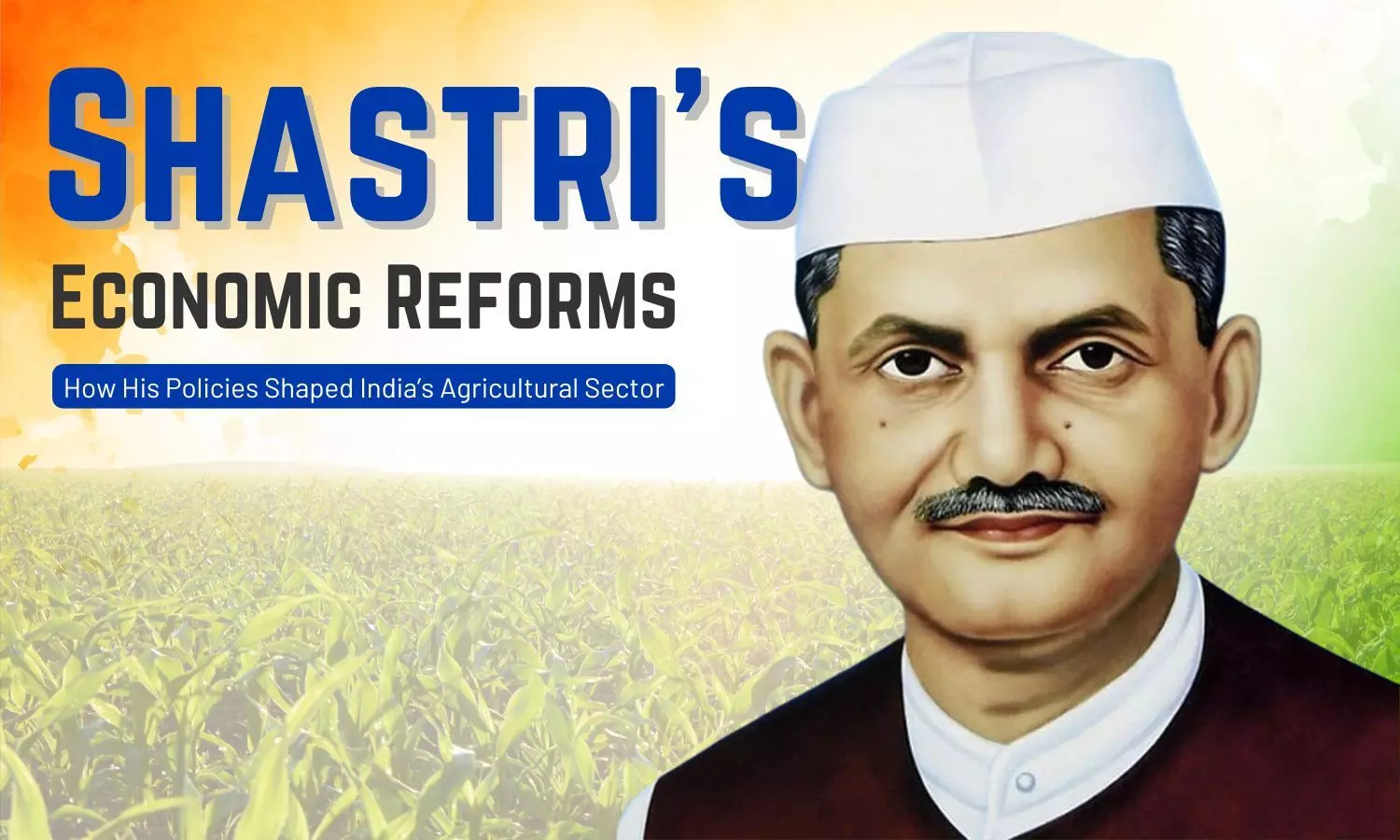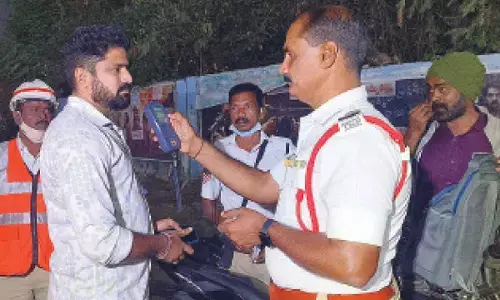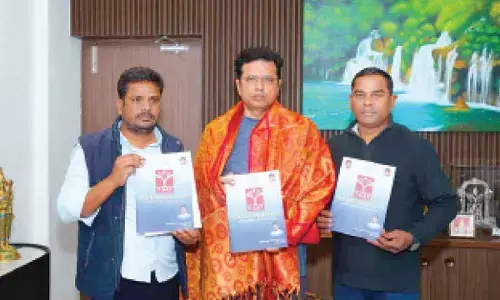Shastri's Economic Reforms and Their Impact on India's Agricultural Sector

Lal Bahadur Shastri’s economic reforms and the Green Revolution shaped Indian agriculture, ensuring food security and empowering farmers.
Lal Bahadur Shastri, India's second Prime Minister, played a crucial role in shaping the nation’s agricultural landscape. His tenure may have been brief, but Shastri’s economic reforms had a lasting impact on Indian agriculture, ensuring food security and empowering farmers. Shastri’s pragmatic approach to policy-making, combined with his deep understanding of rural India, laid the foundation for many transformative changes, including the Green Revolution in India.
The Agricultural Crisis of the 1960s
When Shastri became Prime Minister in 1964, India faced a dire agricultural crisis. Poor monsoons and outdated farming techniques had resulted in food shortages, leaving millions vulnerable to hunger. The country’s dependency on food imports further worsened the situation, compromising national security and self-reliance. It was clear that India's agricultural sector required immediate and strategic intervention.
Recognizing this challenge, Shastri introduced a series of reforms aimed at addressing both short-term food shortages and long-term agricultural growth. These agricultural policies of Shastri were designed to modernise farming, increase food production, and reduce India's dependence on foreign imports.
Jai Jawan Jai Kisan: A Rallying Cry for Farmers
One of Shastri’s most memorable contributions was his Jai Jawan Jai Kisan slogan, which he introduced in 1965 during the Indo-Pak war. The slogan, meaning "Hail the Soldier, Hail the Farmer," captured the essence of Shastri’s vision for a strong India. He saw the nation's strength rooted in both its military and agricultural sectors, emphasising that farmers were as crucial to the nation's well-being as soldiers on the frontlines.
This slogan resonated deeply with rural India, boosting the morale of farmers and recognizing their vital role in nation-building. It was a symbolic and powerful acknowledgment of the contributions of the agricultural community to India’s development.
The Green Revolution in India
Perhaps the most significant aspect of Shastri’s impact on farmers was his support for the Green Revolution. Initiated in the mid-1960s, the Green Revolution introduced new farming techniques, high-yielding variety seeds, and advanced irrigation methods to boost agricultural productivity. Shastri’s leadership was instrumental in pushing these initiatives forward.
The Indian agriculture transformation was not instantaneous, but the Green Revolution eventually led to a significant increase in food grain production, especially in wheat and rice. The use of chemical fertilisers, pesticides, and modern machinery helped farmers produce more crops on the same amount of land, greatly enhancing agricultural efficiency.
Shastri's proactive support for the Green Revolution signified his deep commitment to achieving food security in India. This movement was crucial in reducing India’s reliance on food imports and transforming the country into a self-sufficient agricultural powerhouse.
Shastri's Economic Reforms and Rural Development
Shastri was not only focused on boosting crop production but he also paid attention to the overall well-being of rural India. His rural development policies aimed to improve the infrastructure, education, and health of the rural population. Shastri understood that agricultural growth could not be achieved in isolation and that the welfare of farmers needed a holistic approach.
To this end, he initiated policies that improved rural connectivity, such as better road networks and transportation systems, which helped farmers access markets and sell their produce. He also focused on expanding access to credit for farmers, allowing them to invest in new farming technologies and inputs.
Shastri and the Agricultural Sector: Long-Term Impact
Although Shastri's tenure as Prime Minister was cut short by his untimely death in 1966, his contributions to India's agricultural sector are still felt today. His policies laid the groundwork for sustained agricultural growth and rural development, ensuring that India's farmers had the tools and resources they needed to succeed.
The agricultural policies of Shastri were pivotal in modernising India’s farming practices and addressing the challenges of a rapidly growing population. By prioritising both short-term food production and long-term agricultural sustainability, Shastri helped secure a stable foundation for India’s agricultural future.
Moreover, Shastri’s economic reforms were not limited to agriculture alone. His broader economic vision aimed at self-reliance and development across sectors, with agriculture being one of the major areas of focus. His emphasis on modernising Indian farming practices aligned with his broader economic agenda of making India self-sufficient and resilient in the face of global challenges.
Lal Bahadur Shastri’s contributions to Indian agriculture have been immense. His leadership during one of India’s most challenging periods helped transform the agricultural sector, ensuring food security and empowering millions of farmers. The Green Revolution, his rural development initiatives, and his economic reforms all played crucial roles in the Indian agriculture transformation.
Shastri’s vision for a strong and self-reliant India, built on the backbone of its farmers, continues to inspire agricultural policy-making today. His legacy is a testament to the power of leadership that prioritises the well-being of the common people, particularly those in rural areas. Shastri’s policies, particularly in the agricultural sector, have left an indelible mark on the nation, and his contributions continue to shape the future of Indian agriculture.
















